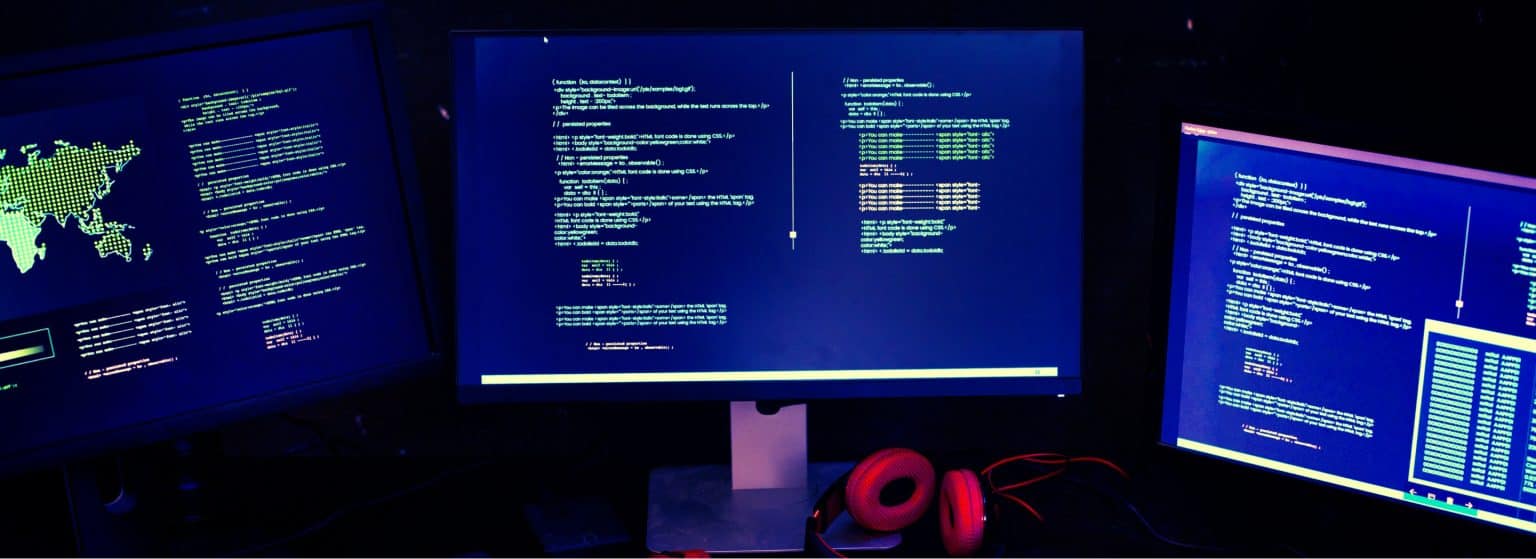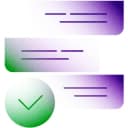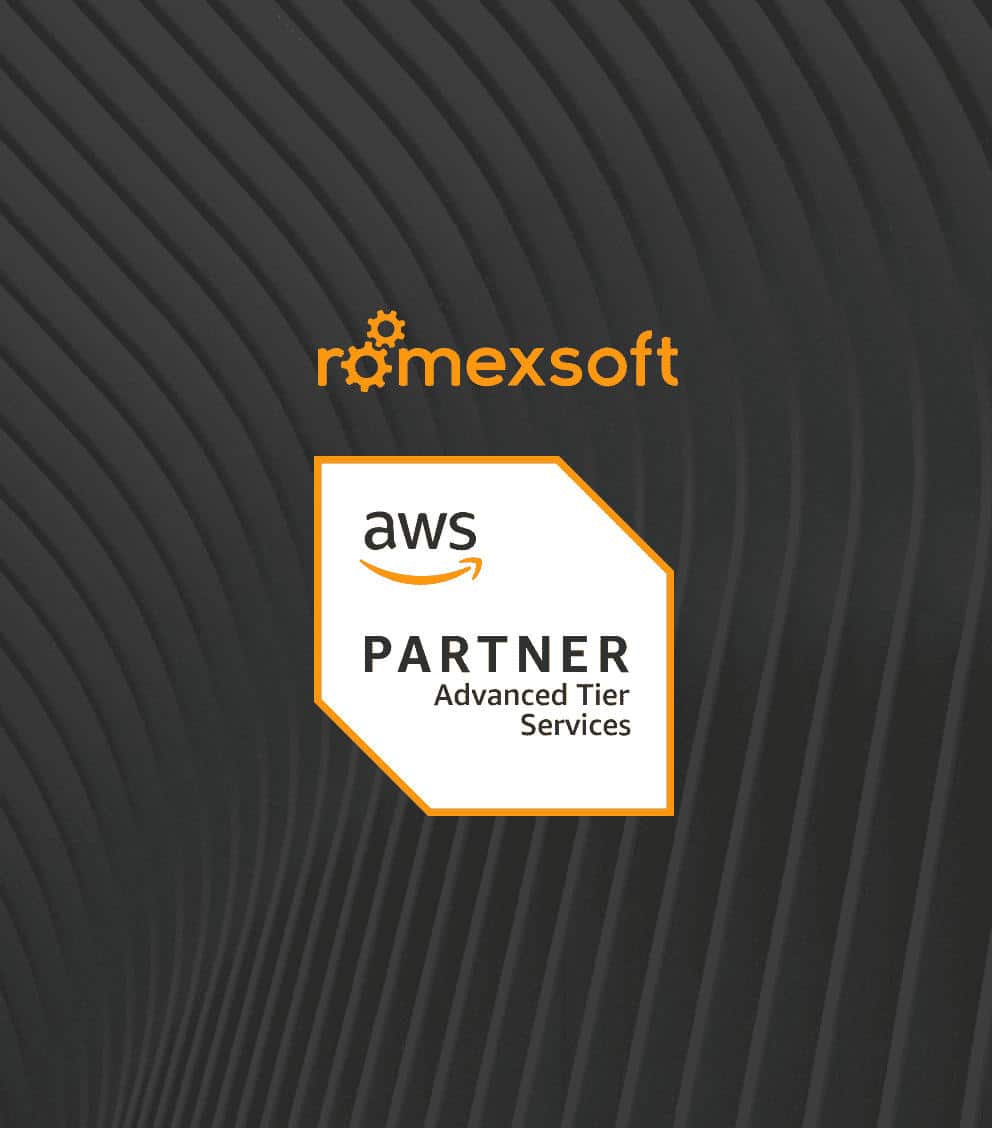Software Compliance Testing for Certifications and Regulatory Readiness
Ensure your software is fully functionally compliant with global regulations, industry standards, and other internal policies before it goes live.
What We Cover by Compliance Testing Services
Our capabilities are designed to identify, test, and remediate gaps against specific regulatory frameworks and industry standards, ensuring your software is technically prepared to pass audits and achieve recognitions.
Security Compliance
We assess your application against security frameworks and control standards to ensure resilience against cyber threats. Our testing verifies encryption, access control, incident response, and monitoring practices for a robust security posture.
Data Privacy Compliance
We verify that your software handles personal and sensitive data in compliance with global privacy laws. This includes validating lawful collection, secure storage, encryption, and user rights management to avoid costly data breaches and regulatory fines.
Accessibility Compliance
A dedicated service focused on validating that digital products meet established accessibility protocols and legal requirements. The goal is to ensure inclusive access for users with disabilities and achieve compliance necessary for the public sector.
Industry-Specific Compliance
We address the unique safety, quality, and operational requirements mandated by industry authorities, ensuring that software is technically prepared to achieve certification, maintain oversight.
Payment Environment Assurance
Financial transactions must comply with stringent principles to protect financial data and maintain trust. So in this category our services focus on fortifying payment infrastructure, validating encryption methods, and implementing access controls.
Our practical scenarios demonstrate how targeted compliance testing and framework-specific alignment contribute to successful software testing, certification processes, reduced compliance risks, and long-term regulatory adherence.
Why Choose Us
Compliance is not just about ticking boxes. Our engineers go beyond surface-level validation, examining architecture, code, infrastructure, and deployment pipelines to uncover risks that audits may not explicitly require but can still impact operational trust.
Our approach consolidates overlapping requirements across multiple benchmarks, reducing duplication and ensuring every framework’s unique criteria is met. Whether it’s one endorsements or several at once, the process is built to minimize cost and accelerate readiness.
Our specialists blend automated scanning with manual, control-aligned evaluation and documented test procedures. This hybrid method finds issues scanners miss, generates auditor-recognizable evidence, and delivers technical readiness, not just scan reports.
Be Fully Prepared for Your Next Software Compliance Review
Talk to our compliance testing experts to map technical requirements, close gaps, and prepare complete evidence for authorization of your application.
What Compliance Testing Is For
Our software compliance testing services are designed for organizations in regulated industries or operating across multiple jurisdictions. Whether you handle sensitive data, process payments, or need accessibility designations, we cover the full spectrum of tech aspects for compliance.
The Strategic Value of Software Compliance Testing
Compliance testing provides a structured way to confirm that systems, code, and configurations meet defined regulatory, contractual, and industry-specific principles before they are subject to outside evaluation.
How We Work
A clear, repeatable method turns compliance requirements into verifiable technical outcomes. The focus is readiness for external review across privacy, security, accessibility, not legal auditing or validation issuance.
Identify applicable regulations and baselines; define system boundaries, data flows, user roles, third-party dependencies, and test scope.
Map relevant controls to product features and infrastructure; produce a control-by-feature matrix that drives test design and acceptance criteria.
Measure current implementation against mapped controls; surface non-conformities in code, configuration, policies, and documentation, prioritized by impact and likelihood.
Translate findings into an actionable backlog (tickets, owners, timelines); plan code changes, configuration hardening, data handling updates, and accessibility fixes.
Our team executes control-aligned tests, covering positive, negative, and boundary cases, to confirm that remediations are effective and that critical paths remain free from regressions.
Assemble an audit-ready evidence pack: control matrix, test plans and results, logs/screenshots, configuration snapshots, and accessibility conformance documentation.
Run mock checks, prepare reviewer Q&A, and finalize hardening so evidence can be presented clearly during external assessments (without conducting the audit itself).
Our Collaboration Models
All of our services are delivered through the following engagement models and can be tailored to the client’s needs, timelines, and the procedural complexity of a given project.
Team
Augmentation
Industries Served Through Our Compliance Readiness Expertise
By combining deep technical knowledge with a clear understanding of industry-specific norms, our compliance testing services help clients to operationalize compliance in code and configuration, turning requirements into concrete tests and measurable results that stand up to external scrutiny.
Frequently Asked Questions
Software compliance testing is a non-functional testing process that verifies whether software products conform to applicable regulatory, industry, and organizational standards. Unlike traditional QA, compliance testing focuses on legal requirements, security controls, and accessibility mandates rather than purely functional correctness.
Typical compliance domains include:
- Privacy – GDPR, HIPAA, CCPA, UK-GDPR;
- Security – ISO/IEC 27001, SOC 2, NIST;
- Accessibility – WCAG 2.1 / 2.2, Section 508;
- Industry-specific – PCI DSS, DO-178C, FDA guidelines.
These services focus exclusively on the technical side of compliance readiness. That means assessing, testing, and remediating software to meet defined standards and regulatory requirements, and preparing the technical evidence needed for external reviews or certifications.
They do not include legal interpretation of regulations, issuing official certifications, conducting formal compliance audits, or performing breach forensics. If such activities are needed, they can be coordinated through trusted legal, certification, or security partners.
Yes. Many organizations address several compliance requirements in the same project, and the approach supports that by mapping all applicable controls into one consolidated framework. This allows testing, remediation, and evidence collection to satisfy overlapping requirements from different standards without duplicating work.
However, combining frameworks requires careful planning. Some controls that look similar differ in detail or evidence requirements, and timelines for one framework may not align with others. To manage this, the process includes:
- Detailed control mapping to identify overlaps and unique requirements;
- Prioritization to meet urgent certifications first without delaying others;
- Evidence formatting to match each framework’s submission standards.
Typical KPIs include:
- Control coverage – percentage of applicable controls fully tested and verified against requirements;
- Gap closure rate – proportion of identified issues remediated within agreed timelines;
- Verification quality – pass rate of tests validating remediations and ensuring no regression in critical functionality;
- Evidence readiness – completeness and clarity of documentation packages for external reviewers;
- Delivery to schedule – meeting planned delivery dates to align with audits, certifications, or market launches.
From the start of each engagement, KPIs are defined together with the client so they reflect both the applicable standards and the organization’s launch, audit, or certification timelines. Progress is tracked throughout the project allowing early course corrections and reducing the risk of last-minute compliance failures. At Romexsoft, compliance readiness isn’t declared until agreed technical and business objectives are fully met.
Explore our expert resources on software compliance testing to learn how aligning applications with regulatory standards and certification requirements can accelerate audits, and build trust in legislated markets.















